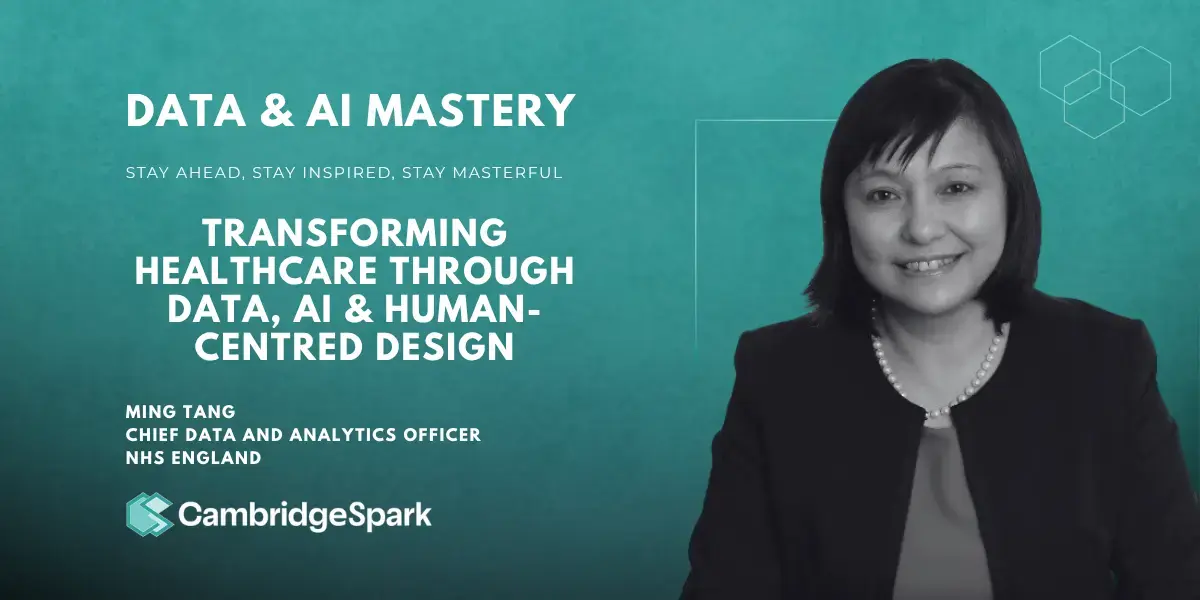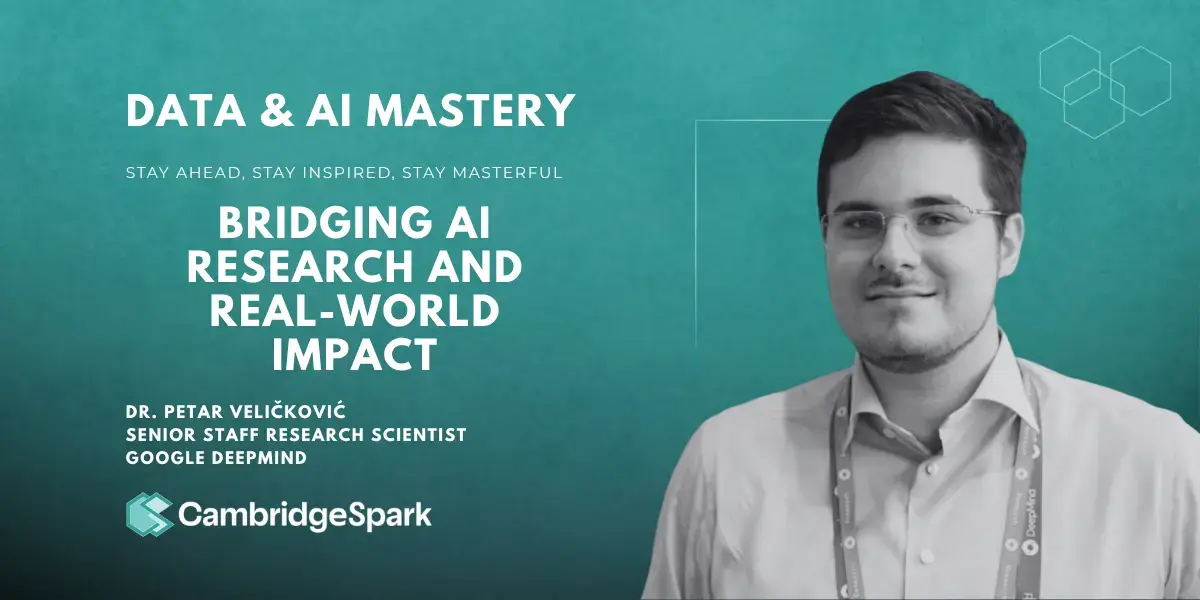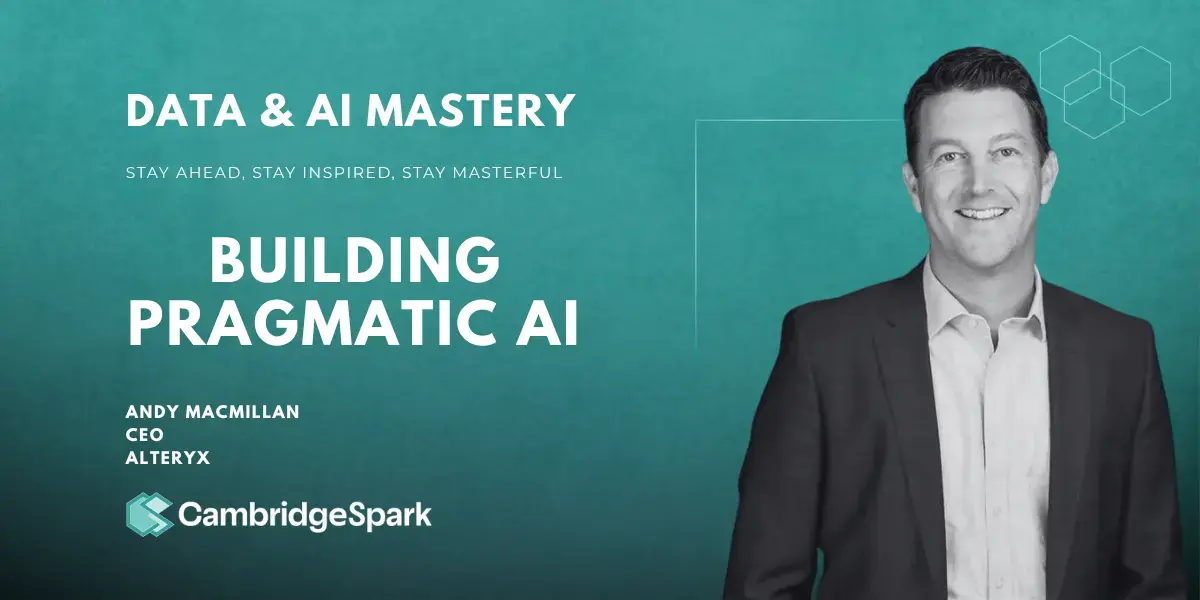Latest from Cambridge Spark
Stay up to date with the latest from Cambridge Spark. Read our blogs, news, and updates.
December 26 2025
Measuring ROI from AI Upskilling (UK Apprenticeship Levy)
A practical guide to quantify and maximise ROI from AI upskilling, funded via the UK levy.
Stay informed!
Sign-up for our newsletter and get informed about all the latest news and insights.
Upskill your workforce
Upskill your workforce and accelerate your data & AI transformation with expert technical programmes designed to create impact.





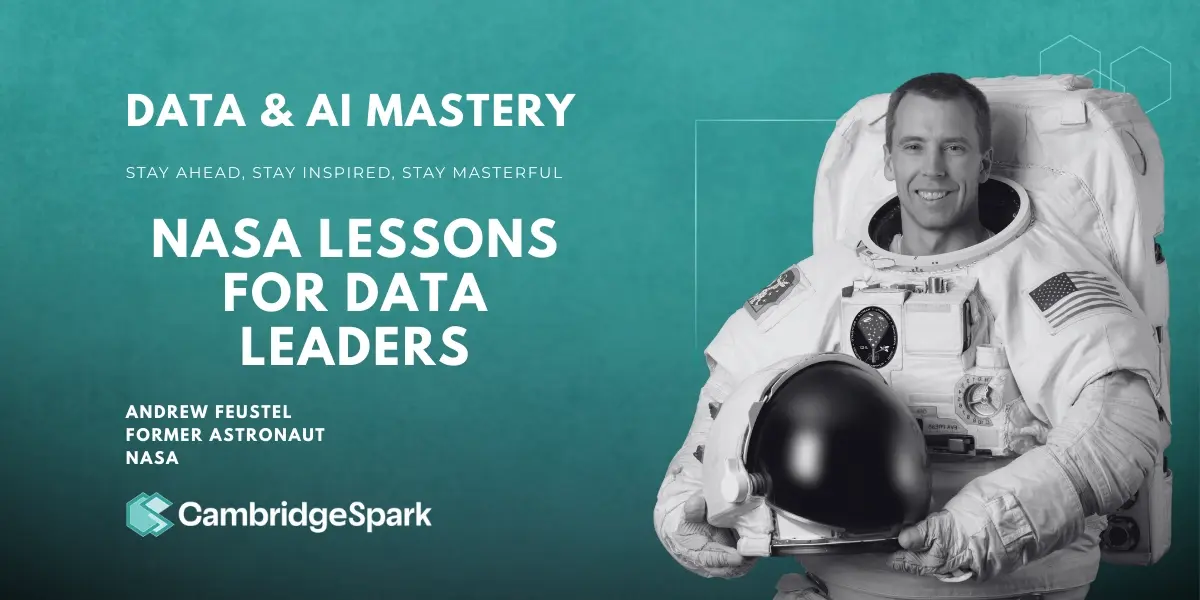
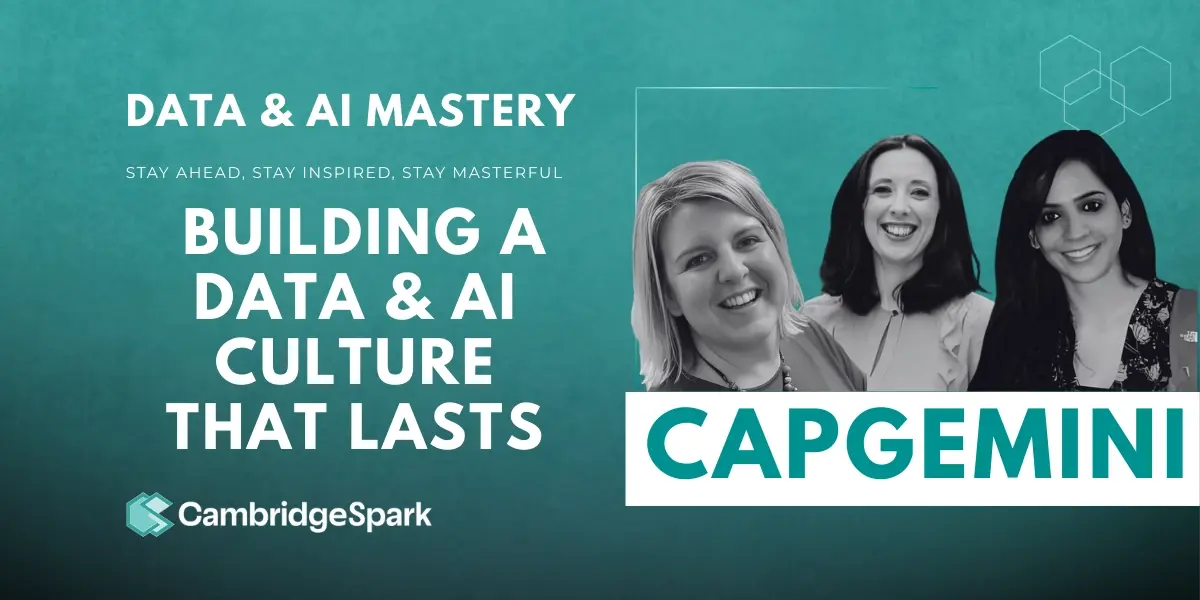
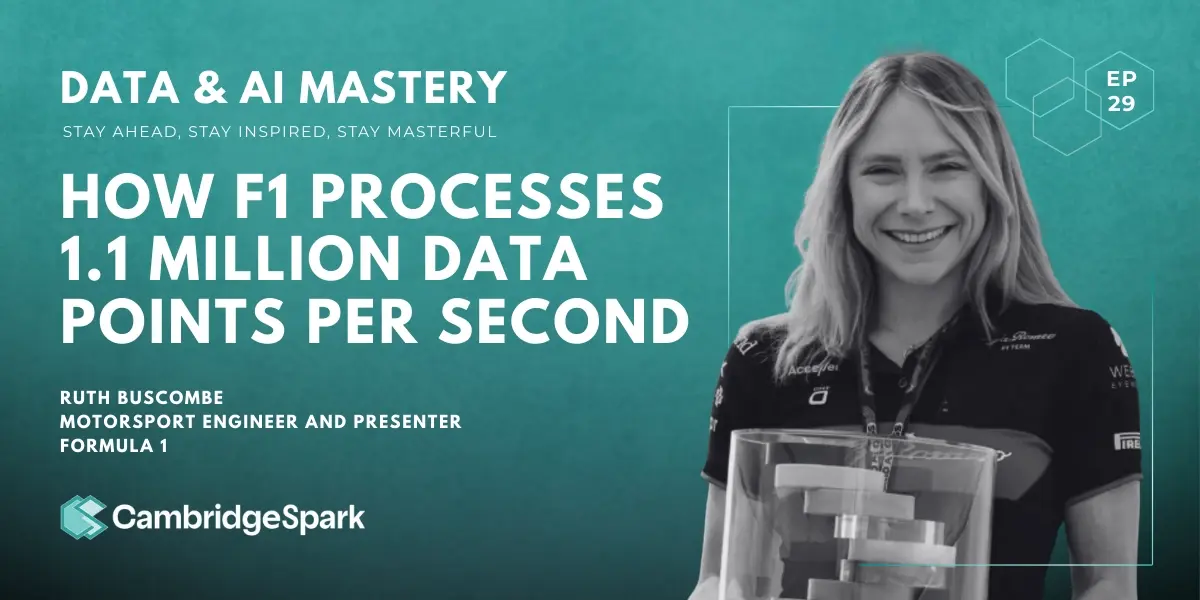
.jpg)
